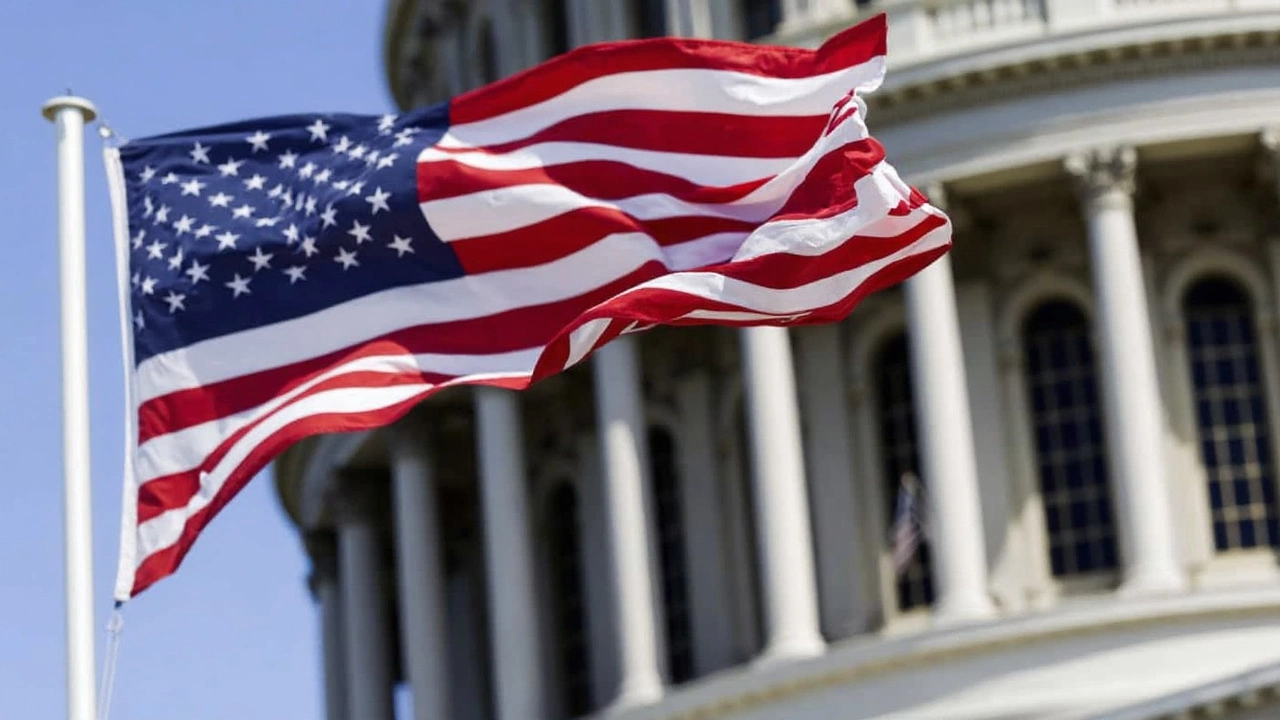Trade Tensions – What’s Happening and Why It Matters
Every time a country puts new tariffs on imports or a major power shows up on the world stage with a military parade, we hear the phrase “trade tensions.” It sounds big and scary, but the real impact shows up in the price of a phone, the cost of a cup of coffee, or even the chances of a new car model arriving on UK roads.
Right now, the United States is fighting a legal battle over the tariffs imposed by former President Trump. A federal appeals court said most of those duties went beyond his authority, yet they stay in place while the case moves forward. That decision keeps prices higher for goods that travel across the Atlantic and Pacific, and it adds uncertainty for businesses deciding whether to invest.
Across the globe, China’s recent military parade featured leaders from Russia and North Korea standing side by side. The image sent a clear signal: these three countries are leaning together against what they see as U.S. dominance. While a parade isn’t a trade policy itself, it usually foreshadows tighter economic ties, coordinated sanctions, and new barriers that can ripple through supply chains.
Why These Tensions Matter to Everyday Life
First, tariffs act like a tax on imported goods. If the U.S. keeps the Trump‑era duties, a British shopper might pay more for an American‑made laptop or a pair of sneakers. Companies often pass those costs onto the consumer, so the next time you check the price tag, a hidden trade dispute could be the reason.
Second, geopolitical alliances affect where companies choose to build factories. When China, Russia, and North Korea deepen ties, they might create joint ventures that bypass Western markets. That could mean more products made in Asia and fewer jobs in Europe, especially in sectors like automotive parts or electronics.
Third, market volatility spikes during trade spats. Investors react fast, pulling money out of stocks they think could be hit by higher costs or supply hiccups. For anyone with a pension or savings in the stock market, those swings can change the value of a portfolio in a single day.
What You Can Do Right Now
Keep an eye on the headline news, but also look at the details. When a story mentions a new tariff, check which products are affected. If you’re shopping for big‑ticket items, compare prices from different countries or consider waiting until the dispute settles.
If you own a small business, talk to your suppliers about contingency plans. Ask if they have alternative sources or if they can lock in prices now before any new duties kick in.
Finally, think about diversifying your investments. A mix of domestic and international assets can cushion the blow if one market takes a hit from a trade war.
Trade tensions are a constant part of the global economy, but they don’t have to be a mystery. By staying informed and adjusting a few habits, you can keep the impact on your wallet and your future to a minimum.

The FTSE 100 endured a steep 4.95% one-day decline after President Trump's unexpected tariff proclamations. Key players like Standard Chartered, HSBC, Shell, and BP saw significant losses. Surprisingly, defensive sectors including utilities and supermarkets gained, showing resilience. Amid escalating trade tensions, China issued its tariff response, while influential voices like Richard Branson criticized the U.S. strategy.
Continue Reading





